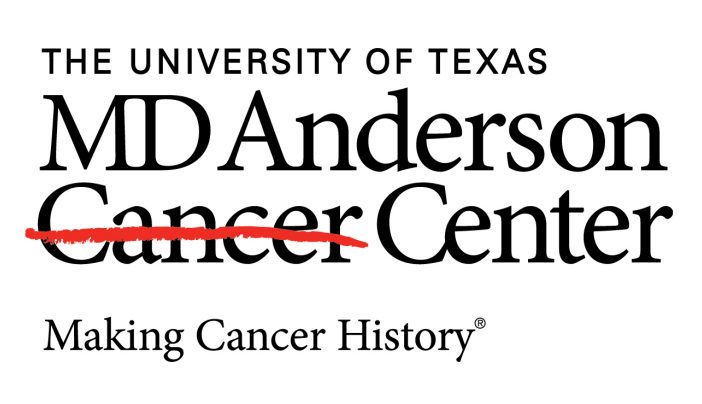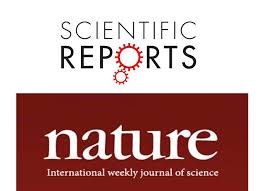
Editor's Note A nurse-coordinated prevention program significantly lowered the long-term risk of major adverse cardiovascular events (MACE) in adults recovering from acute coronary syndrome (ACS), according to an April 2 article in Healio. The program, which focused on lifestyle and behavioral changes, led to a 30% reduction in adverse events,…

Editor's Note Overreliance on overtime and agency nurse staffing can significantly increase the risk of pressure ulcers and, in the case of agency hours, perioperative hemorrhage or hematoma, according to research published April 2 in JAMA Network Open. Using data from 70 US hospitals between 2019 and 2022, researchers…

Editor's Note Some patients with early-stage breast cancer who achieve a complete response to pre-surgical chemotherapy and radiation may safely avoid surgery, according to a March 27 announcement from The University of Texas MD Anderson Cancer Center. The report details a Phase II trial, published in JAMA Oncology, finding that…

Editor's Note Intermountain Health researchers have uncovered a practical solution for reducing the risk of opioid-induced respiratory depression (OIRD) in same-day surgery patients, showing that a basic monitoring device—specifically, a pulse oximeter—can save lives, News Channel Nebraska March 27 reports. The study, published in the Respiratory Care Journal, focused on…

Editor's Note According to a study presented at the American Academy of Orthopaedic Surgeons 2025 Annual Meeting, same-day discharge for total joint arthroplasty (TJA) patients with a history of atrial fibrillation (AF) is both feasible and safe, Medscape March 31 reports. This finding challenges the common assumption that patients with…

Editor's Note Pulse oximeters may overestimate blood oxygen levels in critically ill patients with darker skin tones, according to a March 30 article in HCP Live. The article focuses on the EquiOx study, conducted at the Zuckerberg San Francisco General Hospital between 2022 and 2024. Presented at the American College…

Editor's Note Arthroplasty implants may release metals that accumulate in the central nervous system (CNS), potentially contributing to neurotoxic effects, according to a study published March 28 in JAMA Network Open. Researchers found that patients with large joint replacements had significantly higher levels of cobalt, chromium, titanium, niobium, and zirconium…

Editor's Note A new noninvasive procedure called magnetic resonance-guided focused ultrasound (MRgFUS) capsulotomy is showing promising results for patients with severe obsessive-compulsive disorder (OCD), Asian Scientist March 26 reports. In a study conducted by researchers in South Korea and published in Molecular Psychiatry, 10 individuals who received MRgFUS capsulotomy at…

Editor's Note A large-scale study of over 50,000 ambulatory surgery center (ASC) procedures shows a strikingly low rate of 24-hour unplanned postoperative hospital admissions, offering a benchmark that other ASCs can strive to match, General Surgery News March 26 reports. Over a 7-year period from 2016 to 2022, researchers at…

Editor's Note Subtle risk factors—such as low BMI and hidden tumors—could lead to unexpected airway management difficulties, according to research published on March 17 in Nature: Scientific Reports. The case-control study analyzed 672 surgical patients who required endotracheal intubation between 2015 and 2020. Researchers compared 168 patients who experienced difficult…